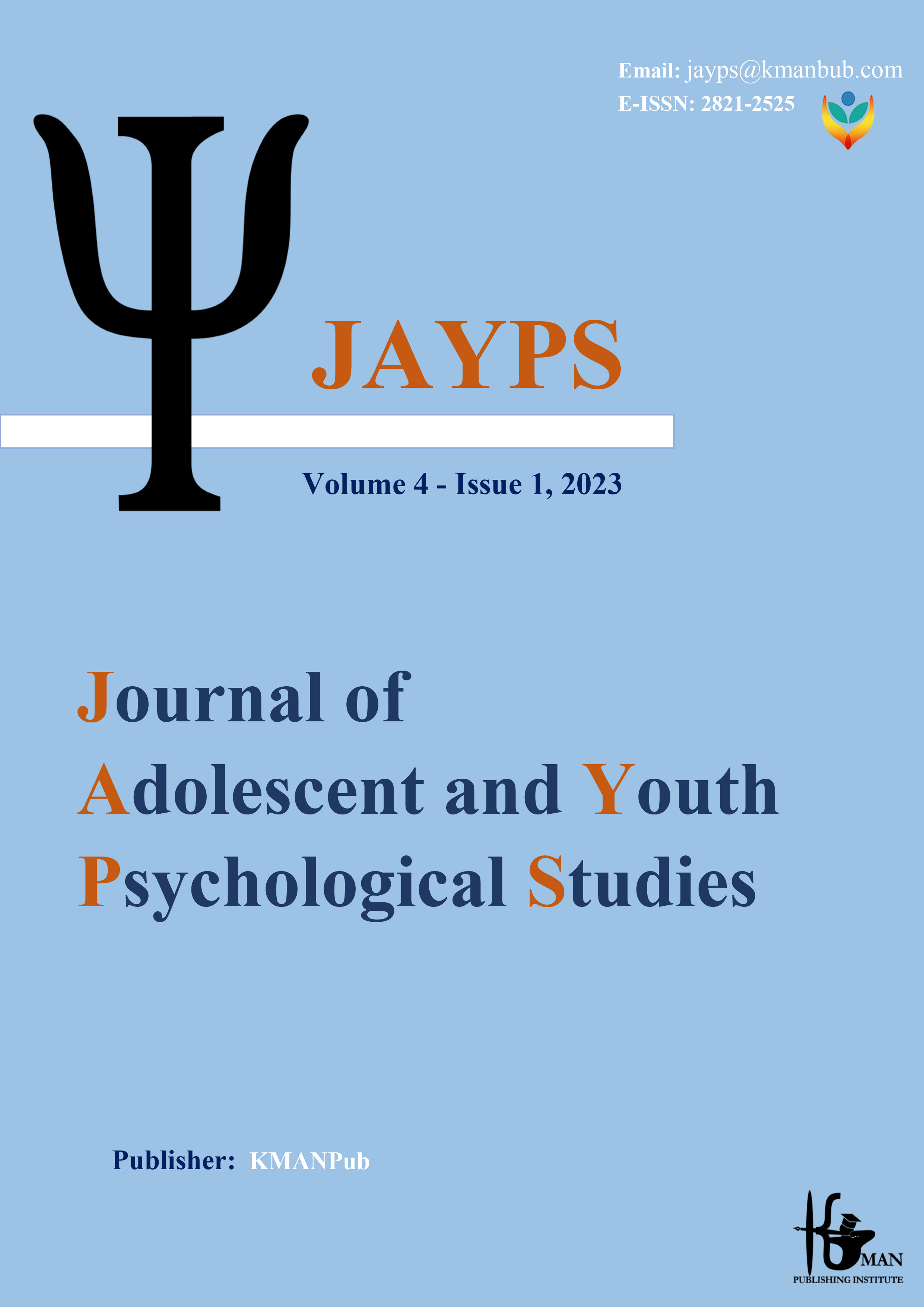Predicting the quality of life based on happiness and hope in single-parent teenagers
Keywords:
Quality of life, happiness, hope, single-parent teenagersAbstract
Background and Aim: The present study was conducted with the aim of predicting the quality of life based on happiness and hope in single-parent teenagers. Methods: The current research population was female elementary school students in Semnan city, from which 220 single parents (12 to 16 years old) who met the criteria for entering the study were selected according to the criteria. The measurement tools in this research included the World Health Organization Quality of Life Questionnaire (1991), Oxford Hills and Argyll Happiness Questionnaire (2002) and Schneider et al.'s Hope Questionnaire (1991) and statistical analysis using SPSS version 23 software and multiple regression test. It was used simultaneously. Results: The results showed that happiness variables and hope components (strategic thinking and agentic thinking) can explain 23.2% of the variance of quality of life and it is significant at a level less than 0.01. Conclusion: Based on the obtained results, it can be said that the quality of life of single-parent teenagers can be predicted with the help of hope and happiness
Downloads
Downloads
Published
Issue
Section
License

This work is licensed under a Creative Commons Attribution-NonCommercial 4.0 International License.









